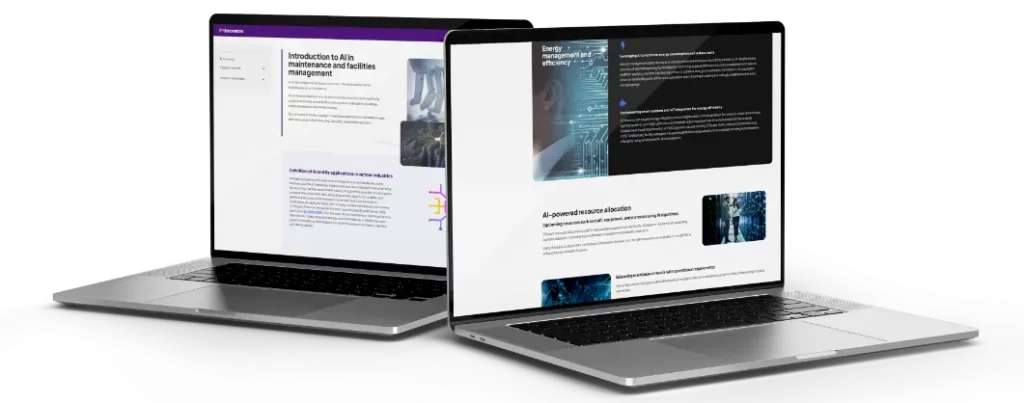As a facility manager, your role is crucial in ensuring that your team works together cohesively to achieve the organisation’s goals. However, managing a team in this industry can be challenging, especially when faced with daily responsibilities and deadlines of your own.
In this post, we bring together a list of tips and advice to not only help you streamline your team’s performance but also foster a positive and motivating work environment with collaboration at its core.
Understand the importance of delegation
As a facility manager, it can be difficult to delegate important duties out to the rest of your team. After all, it’ll ultimately be your responsibility if something goes wrong. Delegating doesn’t mean shirking accountability; it’s an essential part of being a good leader, and will ensure you can maximise your team’s skill set to keep operations running smoothly.
With this in mind, it’s important for any facility manager to have a thorough understanding of their team’s capabilities, and where each member’s strengths and weaknesses lie. Of course, working in this environment will require a certain amount of flexibility and willingness to complete a range of different tasks – but some people will naturally be better suited to certain duties than others.
From maintenance inspections to admin support, learn more about your team’s expertise and you’ll be able to delegate effectively to get the most out of them.
Maintain effective communication
Whether you’re new to the role or have gained years of experience in facilities management, it’s important to keep an open mindset and be willing to learn from your colleagues. Make sure the dialogue isn’t one-way – your team should feel comfortable coming to you with suggestions or improvements around current processes. This industry is constantly evolving as procedures and standards change, and often listening to fresh perspectives is the best way to optimise the space you’re responsible for.
While traditional approaches to certain tasks may still be relevant, it’s important to keep in mind that what worked in one facility in the past might not work in another today.
Not to mention, when your team feels like their opinions are being listened to and valued, this can act as great motivation and boost job satisfaction. These two things ultimately feed into employee retention and productivity levels – two things that any manager should be keen to optimise. In the same regard, make recognition a key aspect of any communication you have with your team.
As any facility manager would tell you, keeping a building running smoothly often involves lots of little jobs that can easily go unnoticed, so make a point of regularly recognising your team’s efforts to boost morale and maximise their output.

Commit to staff training and development
In any professional setting, a universal commitment to training and development is a sign of a healthy workplace culture. Encouraging staff to further their skills and industry understanding will benefit both the individual and the wider organisation. As a manager, there are several things you can do to facilitate a culture of learning and development.
From the perspective of the organisation, it’s the manager’s responsibility to identify its needs and find solutions to plug these gaps. For example, perhaps the company is looking to make a long-term commitment to more sustainable practices throughout its facilities. If you’ve been given a strategic goal to work toward, you might look to find training courses or provide access to other learning materials for your team that feed into the long-term objective.
Ultimately, a more skilled workforce will ensure your organisation continues to meet and exceed industry standards – as well as the high standards always demanded by occupants.
Lead by example
Every manager needs a highly skilled, highly motivated team behind them – but every team also needs a strong leader. Facility management is a demanding role, but when you commit to learning and improving your own knowledge and skills, you can support your team to navigate the daily challenges that come your way.


